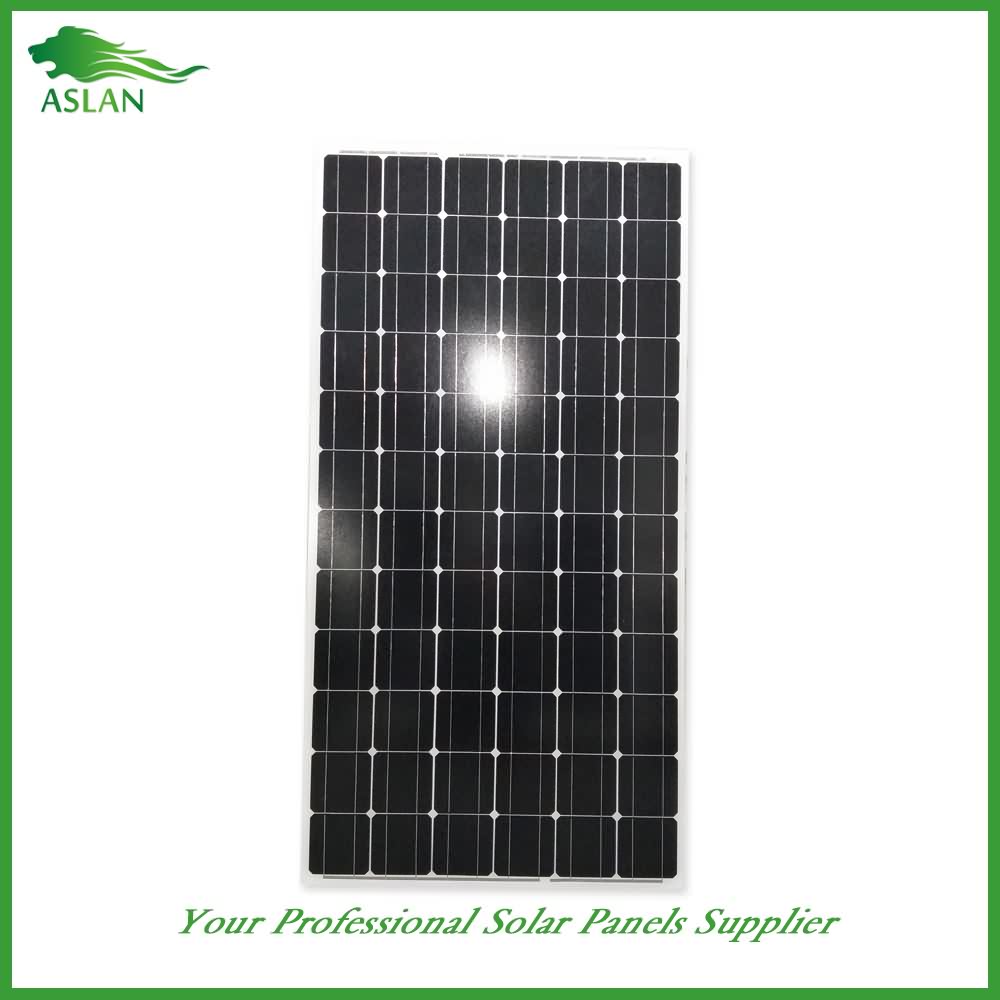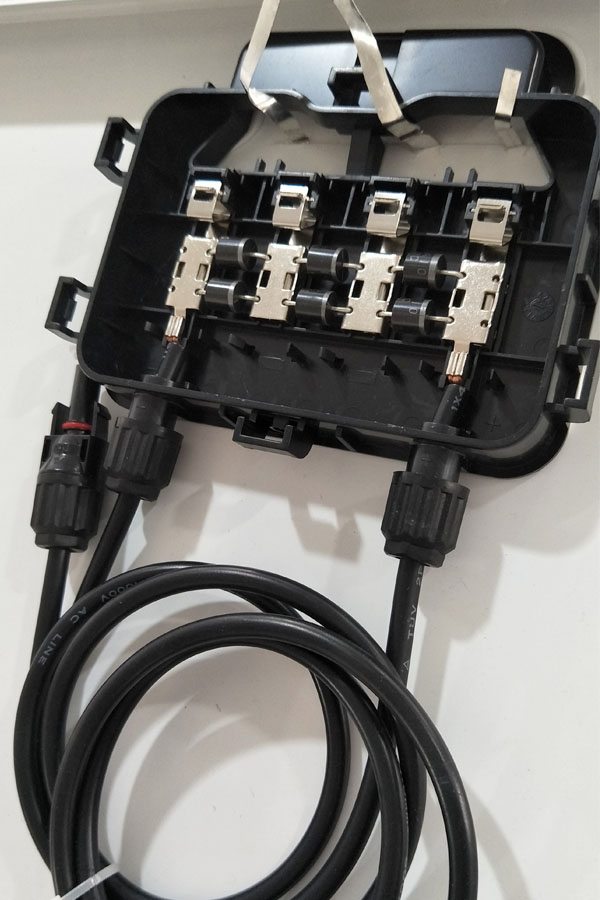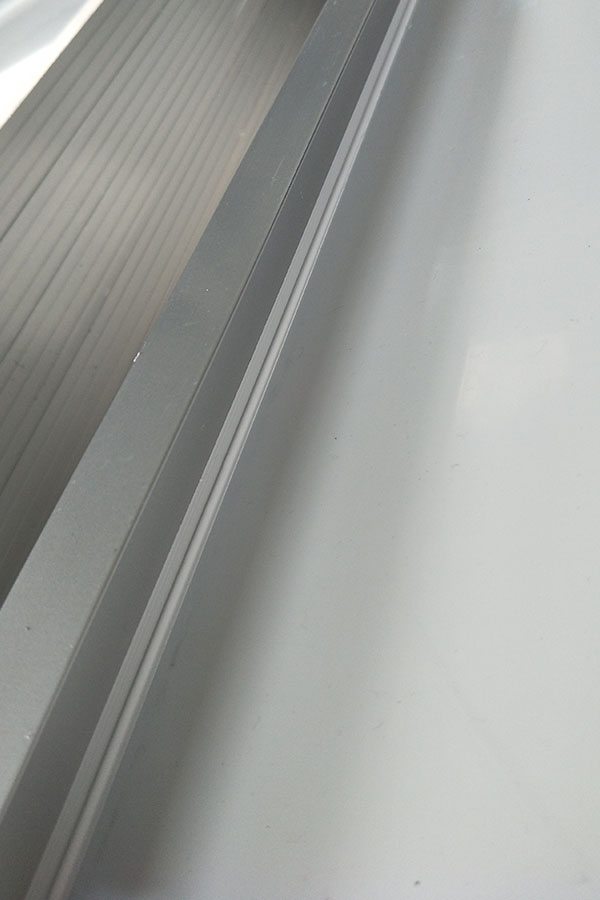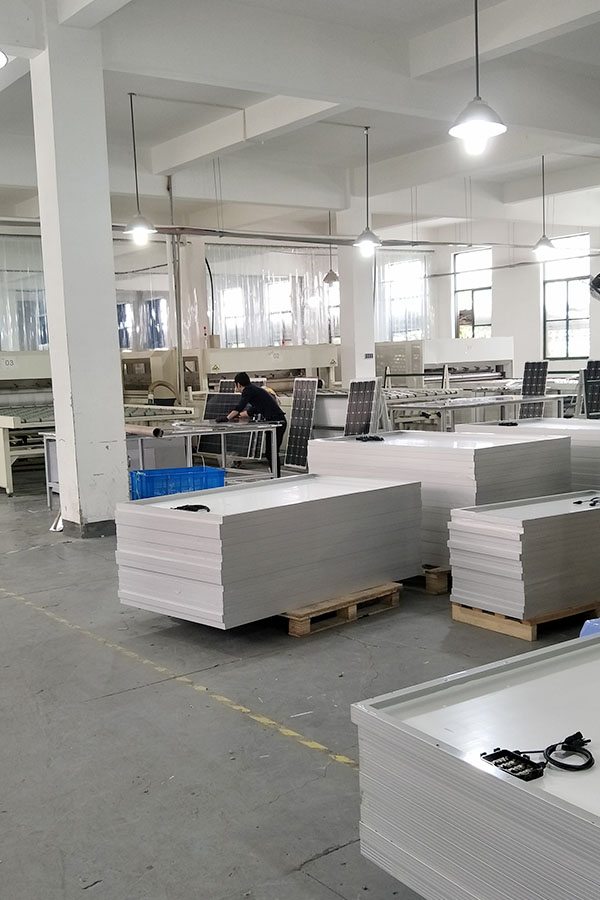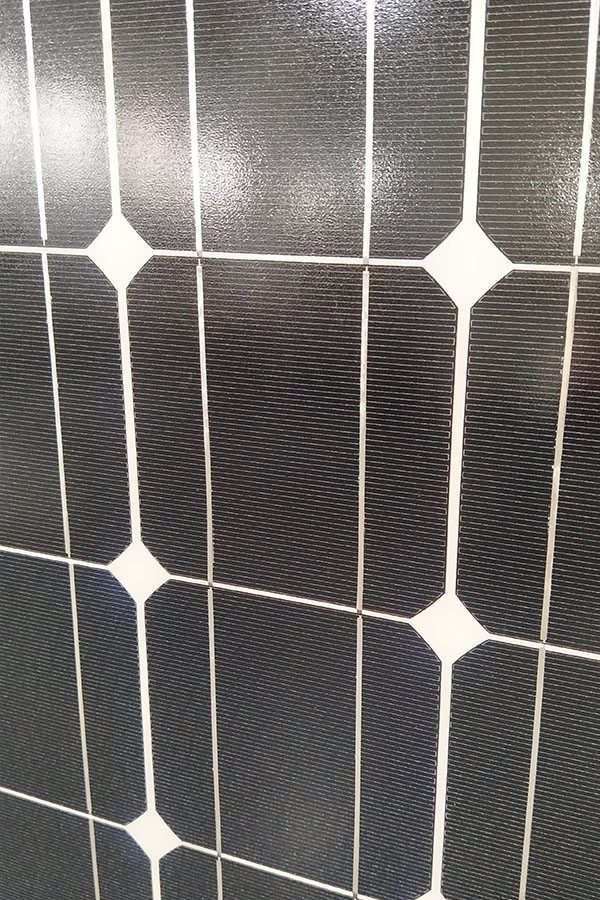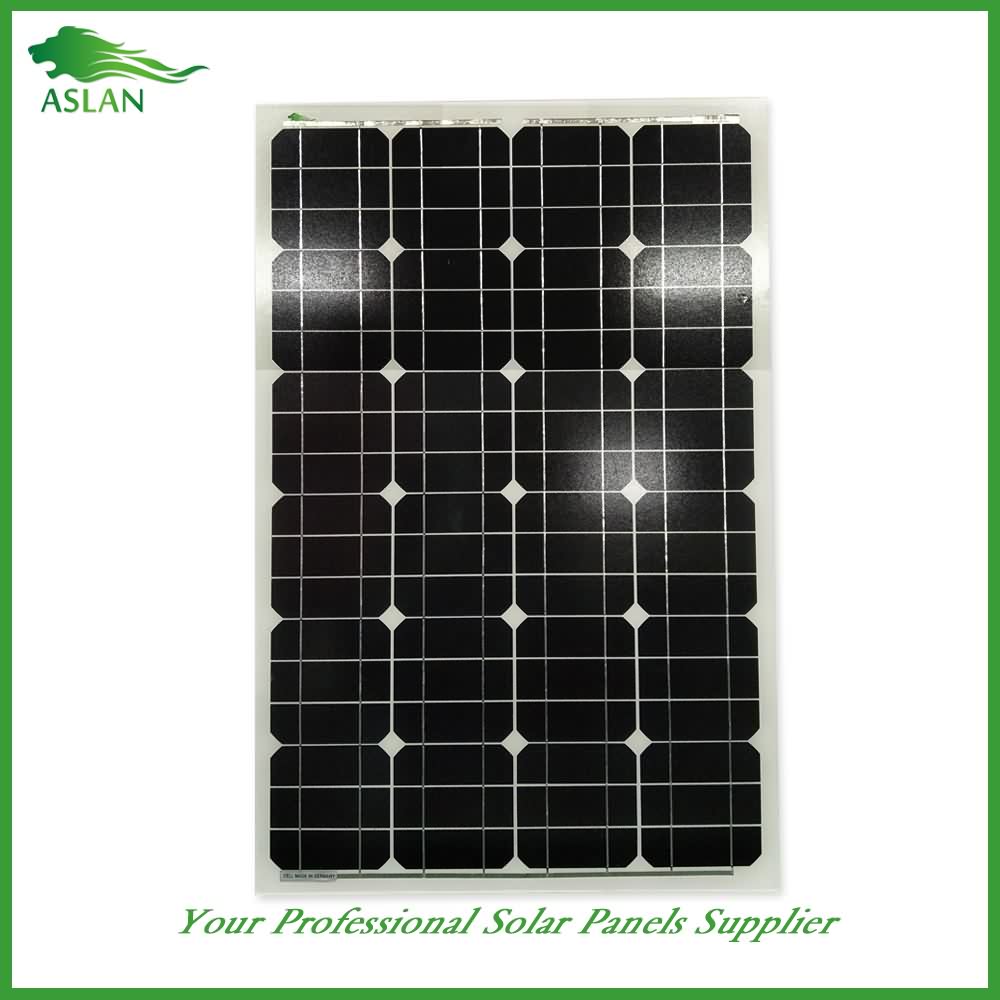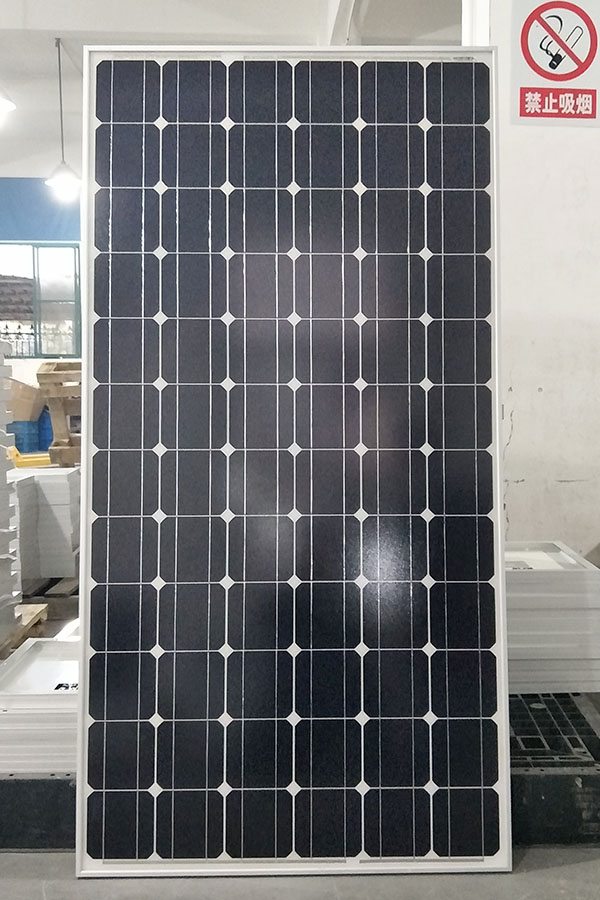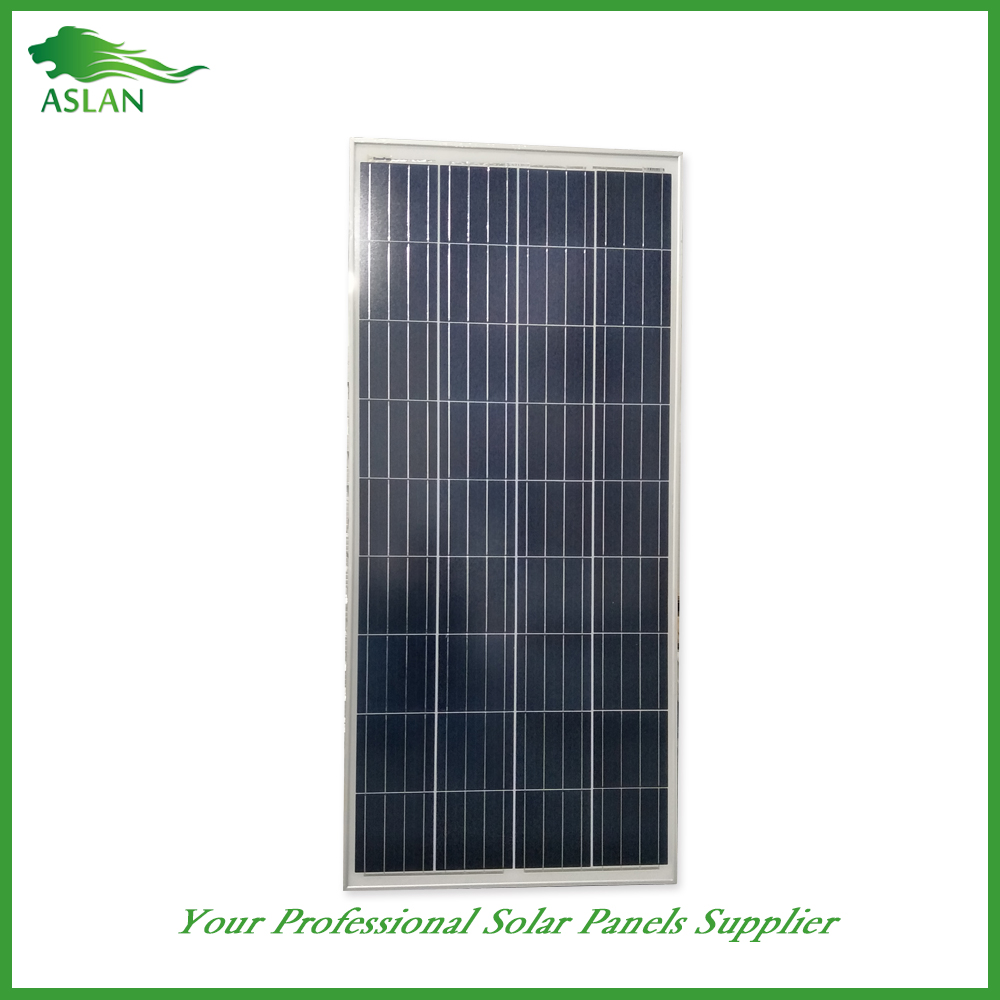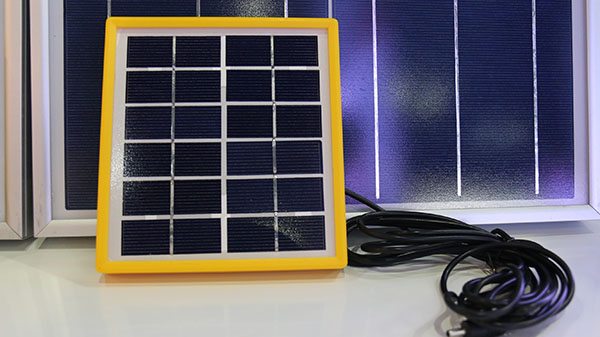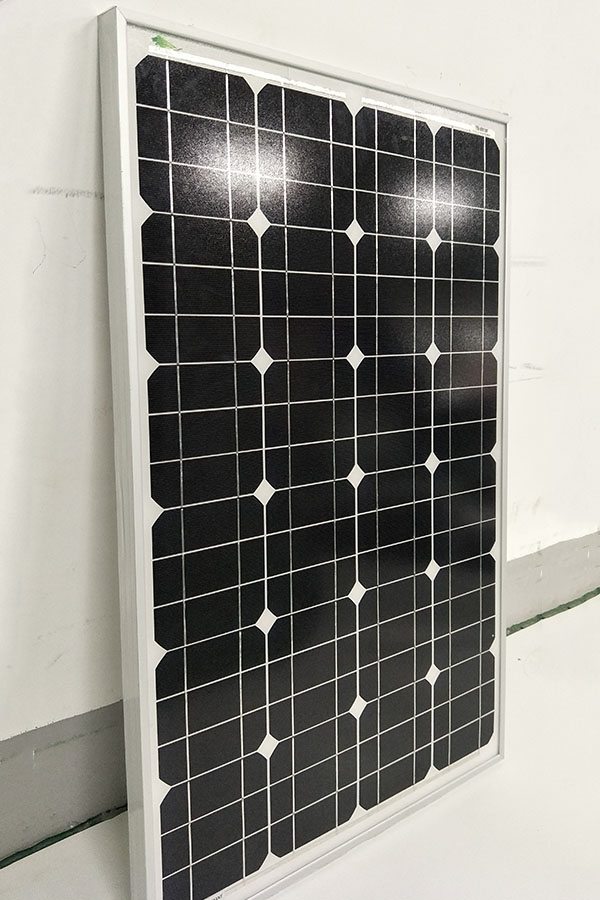factory customized Mono-Crystalline 200W Solar Panel to Guatemala Factories
Short Description:
Our development depends on the advanced equipment, excellent talents and continuously strengthened technology forces. factory customized Mono-Crystalline 200W Solar Panel to Guatemala Factories, Standing still today and looking into the future, we sincerely welcome customers all over the world to cooperate with us.
Mono-Crystalline 200W Solar Panel
Technical parameter
Maximum Power(W) 200W
Optimum Power Voltage(Vmp) 37.29V
Optimum Operating Current(Imp) 5.36A
Open Circuit Voltage(Voc) 45.48V
Short Circuit Current(Isc) 5.89A
Mechanical Characteristics
Cell Type Monocrystalline 125x125mm (5 inch)
No of Cell 72 (6x12pcs)
Dimensions 1580x808x35mm
Weight 14.5Kg
Front Glass 3.2mm,High Transmission, Low Iron,Tempered Glass
Junction box IP65 Rated
Output Cable TUV 1×4.0mm2/UL12AWG,Length:900mm
Temperature and Coefficients
Operating Temperature(°C): -40°C ~ + 85°C
Maximum System Voltage: 600V(UL)/1000V(IEC) DC
Maximum Rated Current Series: 15A
Temperature Coefficients of Pmax: -0.47%
Temperature Coefficients of Voc: -0.389%
Temperature Coefficients of Isc: 0.057%
Nominal Operationg Cell Temperature (NOCT): 47+/-2°C
Materials of solar panel
1).Solar Cell——Mono-crystalline solar cell 125*125mm
2).Front Glass——-3.2mm, high transmission, low iron, tempered glass
3).EVA——-excellent anti-aging EVA
4).TPT——-TPT hot seal made of flame resistance
5).Frame——anodized aluminum profile
6).Junction Box——-IP65 rated, high quality, with diode protection
Superiority: high quality anodized aluminum frame, high efficiency long life, easy installation, strong wind resistance, strong hail resistance.
Features
1. High cell efficiency with quality silicon materials for long term output stability
2. Strictly quality control ensure the stability and reliability, totally 23 QC procedures
3. High transmittance low iron tempered glass with enhanced stiffness and impact resistance
4. Both Polycrystalline and Mono-crystalline
5. Excellent performance in harsh weather
6. Outstanding electrical performance under high temperature and low irradiance
Quality assurance testing
Thermal cycling test
Thermal shock test
Thermal/Freezing and high humidity cycling test
Electrical isolation test
Hail impact test
Mechanical, wind and twist loading test
Salt mist test
Light and water-exposure test
Moist carbon dioxide/sulphur dioxide
In this video I’m showing how I put together the wood backed panel but I’m not showing how to solder the solar cells together I covered that in a other video http://www.youtube.com/watch?v=ouLa4Ftu3O8&feature=plcp I build the panels this way because I have free glass in mostly smaller sizes that’s ok though you can make many smaller panels and just connect them in series to add up the voltage you need. The panels I build cost very little I use a lot of leftover materials these are non encapsulated not for roof mounting, I do not know how long these will last so the video is for entertainment purposes but they do work well.
Read the full blog post here: http://www.thediyworld.com/blog/?p=1593
I decided to rewire my solar charge controller and all the related wires coming and going through the tiny house on wheels. I first slapped it together to get an idea where I wanted the MPPT solar charge controller. Then I got it working.
Now that I have decided to keep it where it is, the time has come to wire it all up more permanently and neatly.
I also put a disconnect switch on the solar panel wire coming into the tiny house on wheels. I need to be able to cut the power from the solar panels so that I can work on the tiny house wiring. You must disconnect power from the solar panels before you disconnect power to the solar charge controller or you can damage the charge controller.
The switch will be installed in a box I will make myself so that it looks nice.
I also ran new wires for the solar charge controller temperature sensor and voltage sensor. This gives me a more accurate reading on the solar forklift battery status.
After rewiring the entire system I used zip ties to make all the wires look nice and neat.
Follow my daily progress on the path to self sufficiency on my off grid solar homestead.
https://www.youtube.com/user/techman2015/playlists?view=50&shelf_id=10&sort=dd
Please donate to help keep The Off Grid Project ™ going: https://www.paypal.com/cgi-bin/webscr?cmd=_s-xclick&hosted_button_id=3TQSWXLLRZ6HW
Join The Off Grid Project ™ and The Do It Yourself World ™ forum and share your ideas, tips and projects.
http://www.thediyworld.com/forum
The Off Grid Project ™ is presented by The Do It Yourself World ™.
http://www.TheDIYworld.com
